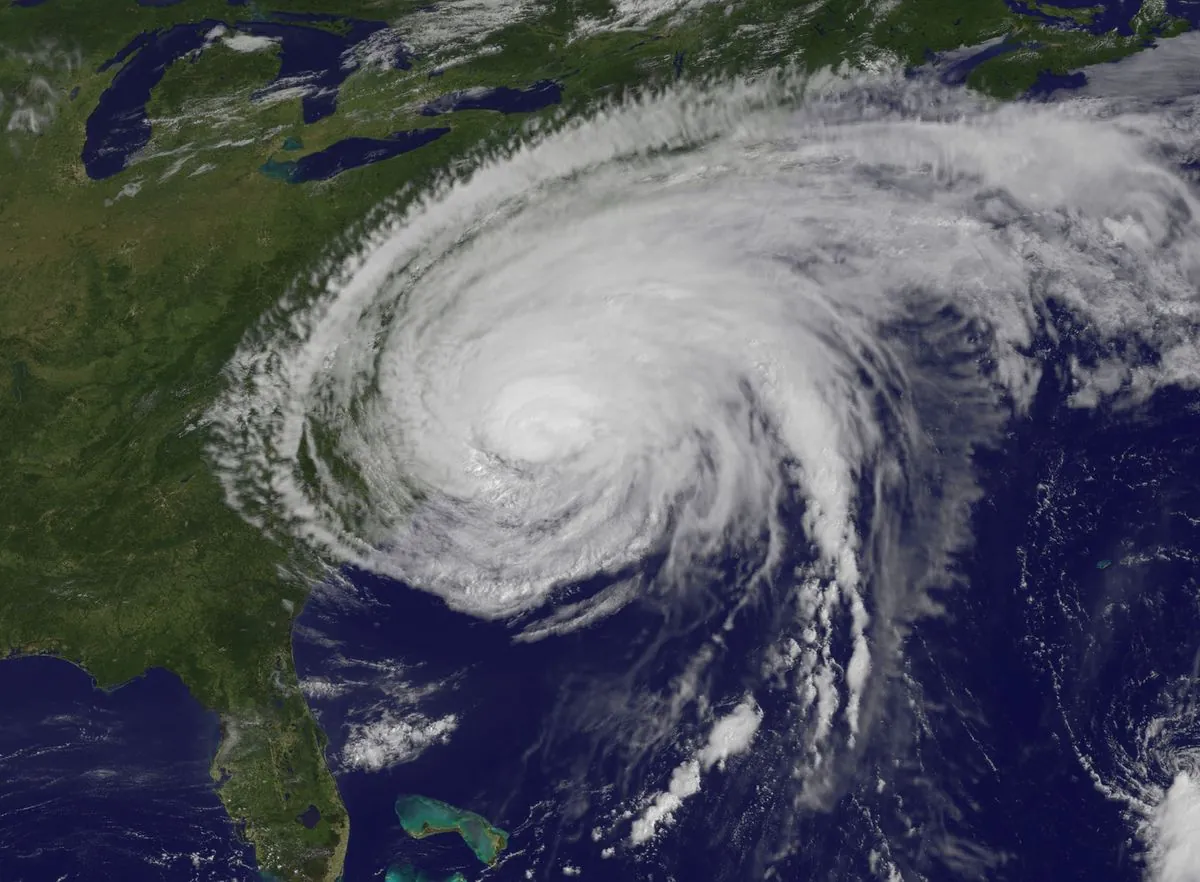Tropical Storm Debby Unleashes Flooding Across Eastern US
Tropical Storm Debby makes second landfall in South Carolina, bringing heavy rainfall and flooding to the Mid-Atlantic and Northeast. Residents and officials brace for continued impacts through the weekend.

Tropical Storm Debby has made its second landfall near Bulls Bay, South Carolina, intensifying concerns about widespread flooding across the eastern United States. The storm, which first touched down as a Category 1 hurricane on Florida's Gulf Coast on August 5, 2024, is now moving inland, threatening to inundate areas from the Mid-Atlantic to the Northeast through August 10.
The National Hurricane Center reports that Debby's slow progression is exacerbating the risk of flooding, with heavy rainfall expected to affect a vast region. The storm's extensive reach has already impacted areas as far as the Great Lakes and New Jersey, showcasing the far-reaching consequences of such weather systems.
In Bulloch County, Georgia, northwest of Savannah, the situation has become critical. At least four dams have succumbed to the overwhelming floodwaters, prompting extensive rescue operations. Corey Kemp, the county's director of emergency management, confirmed that over 75 individuals have been saved from rising waters, while approximately 100 roads have been closed due to unsafe conditions.

"We've been faced with a lot of things we've never been faced with before. I'm 78-plus years old and have never seen anything like this before in Bulloch County. It's amazing what has happened, and amazing what is going to continue to happen until all these waters get out of here."
For coastal residents, frequent flooding has become an unfortunate reality. Gene Taylor, a homeowner near the Cooper River, shared his experience of preparing for the fourth flood in nine years. Similarly, Charles Granger described the disruption caused by even modest flooding, emphasizing the persistent challenges faced by those living in flood-prone areas.
The National Weather Service in Charleston reported that the Canoochee River in Claxton, Georgia, has reached nearly 18 feet, surpassing the previous flood record set in 1925. This underscores the historic nature of the current flooding event and highlights the importance of long-term climate data in understanding extreme weather patterns.
In South Carolina, Governor Henry McMaster cautioned that the state was entering the second phase of a three-act environmental drama. While no casualties have been reported, over 60 homes have sustained damage from the initial flooding. John Quagliariello, a meteorologist with the National Weather Service in Columbia, warned of an additional 4 to 8 inches of rain possible in the northern coastal areas and inland regions.
The final act of this weather event may unfold in the coming week, as upstream rainfall in North Carolina could lead to major river flooding as water flows towards the Atlantic Ocean. This highlights the interconnected nature of watershed systems and the potential for delayed flooding impacts in downstream areas.
As climate change continues to influence weather patterns, the frequency and intensity of tropical storms like Debby are expected to increase. This underscores the importance of robust emergency management systems, accurate meteorological predictions, and community preparedness in mitigating the impacts of such extreme weather events.


































